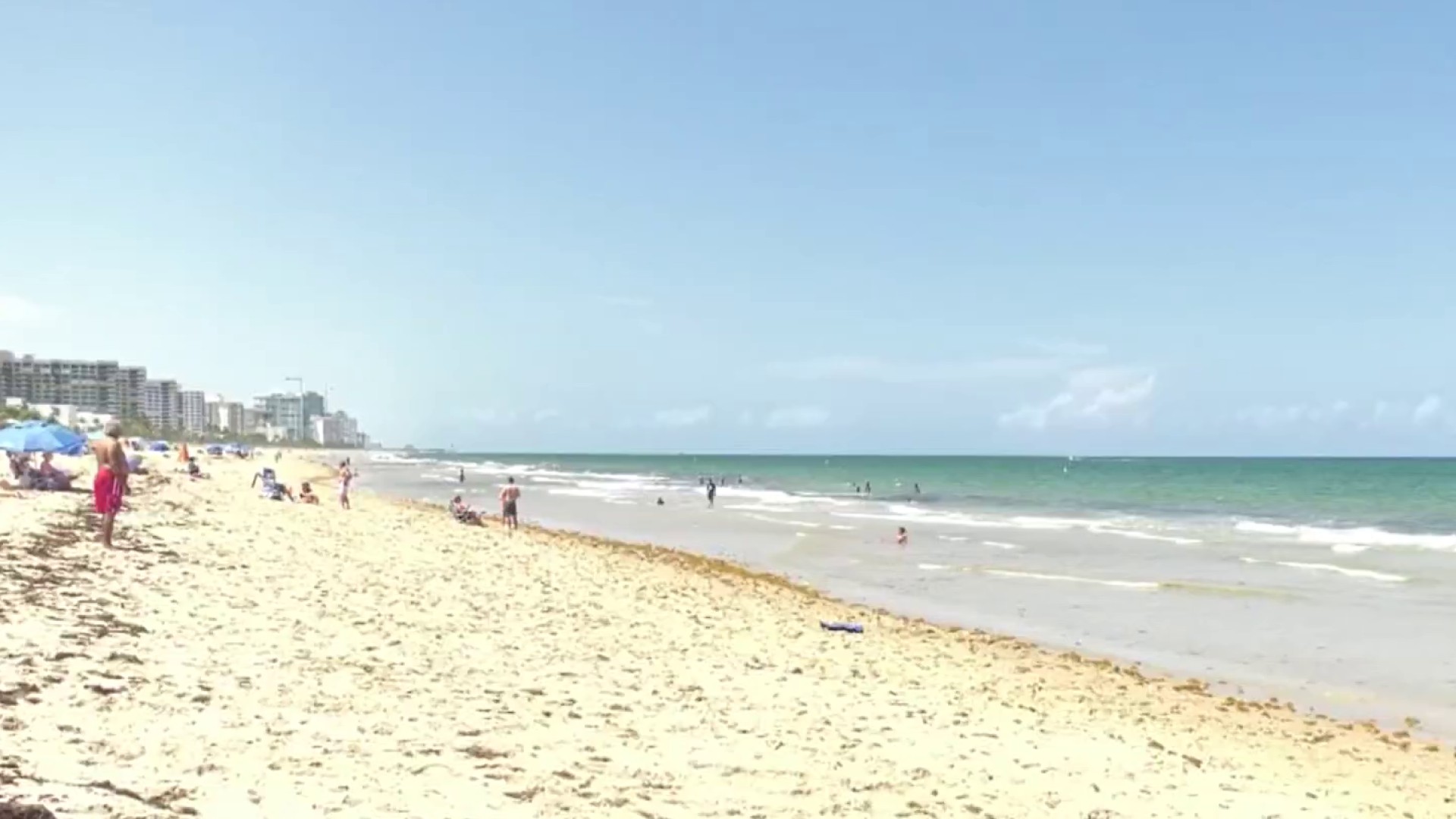According to Martin Zilber, a lawyer who has served on the Public Health Trust for four years, current management at crippled Jackson Health System is not the problem.
"It was past management," he said. "...If they had come forward [with accurate financial statements] sooner, we would have had more options to consider and we wouldn't be under the gun like we are right now.''
But others involved say red flags were raised early, and warnings went unheeded.
"They failed to connect the dots," said PHT treasurer Marcos Lapciuc, who sent an e-mail as early as last July to Jackson's CFO Frank Barrett about "doubtful accounts" -- patient receivables Lapciuc realized the hospital had no hope of ever collecting as the number of both uninsured patients and poor receiving free care escalated.
Barrett never responded. Later it was revealed that he and other executives overstated expectations of patient revenue by $150 million, meaning the Public Health Trust didn't find out exactly how bad Jackson's finances were until shortly before they were forced to announce the organization only had enough cash to cover operations until May.
Sandra Johnson, a revenue cycle VP who resigned in January, told the Miami Herald that former CEO Marvin O'Quinn knew Jackson's business model was "unsustainable" in 2008 -- but that the economy caused the crisis to arrive faster than anyone expected.
Because of such overstatements, as well as failure to account for rising operational costs, shrinking county subsidies, and an alarming disparity between improved billing services and incoming billing revenues, Jackson's deficit was reported to be just $47 million at the end of the fiscal year September 30.
Local
In reality, Jackson is $230 million in the hole, and just unveiled a survival plan that calls for laying off a third of its workforce and shuttering two vital community hospitals and many non-emergency services, including cancer treatment centers.
"The biggest tragedy," said Lapciuc, "is that we should have declared a state of emergency in September -- if we had had the right numbers."
Barrett was fired in January, according to the Miami Herald, and could not be reached for comment.



